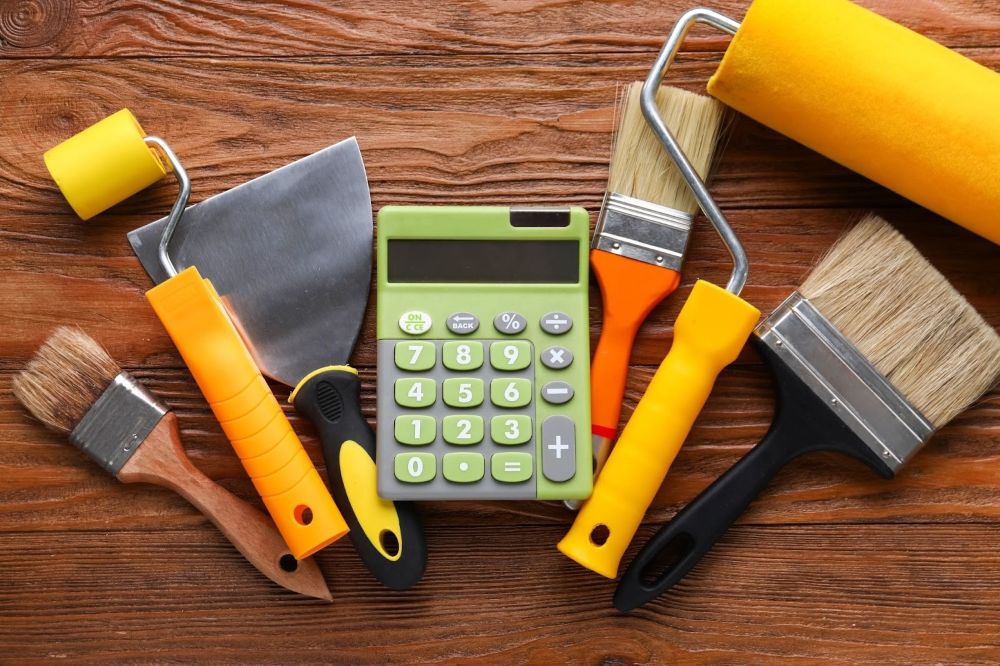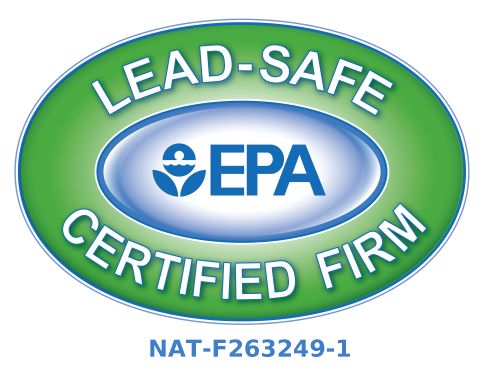
If you’re a homeowner in Murphy, Texas, planning a renovation in 2025, it might be time to revisit your budget. Renovation costs in the Dallas-Fort Worth metroplex — especially in rapidly growing suburbs like Murphy — are climbing sharply, and tariffs on imported construction materials are a major reason why.
In early 2025, newly imposed tariffs on key building supplies sent ripples across the home renovation and construction sectors. Whether you’re remodeling a bathroom, building an addition, or simply upgrading your kitchen, expect to pay more, sometimes significantly more than you would have just a year ago.
What’s Causing the Spike in Renovation Costs?
This year, the federal government introduced new tariffs on a range of imported goods, citing economic protectionism and trade realignment goals. While the policy is aimed at strengthening
domestic manufacturing, it has triggered immediate and noticeable price increases for materials widely used in home construction and renovation. A few key examples:
Lumber from Canada: Facing a tariff of over 20%, driving up framing and cabinetry costs.
Drywall (gypsum) from Mexico: Now subject to a 25% tariff, hitting projects that require new interior walls or ceilings.
Steel and aluminum from China and other countries: A 50% tariff makes appliances, HVAC systems, and window frames more expensive.
According to CoreLogic, average construction costs are expected to rise by 4–6% over the next year. That translates to an additional $17,000 to $22,000 over the $422,000 average cost for a full-scale renovation — or more, depending on the size and complexity of the project.
Local Impact in Murphy and the Dallas Suburbs
Murphy, Texas — located just northeast of Dallas in Collin County — has seen rapid growth over the past decade. With new developments, highly rated schools, and suburban charm, the area has attracted families looking to upgrade older homes or build equity through renovations.
Unfortunately, those plans are now colliding with steep material price hikes.
Real-World Examples:
Kitchen renovations that once cost $40,000 in 2023 are now averaging closer to
$48,000–$52,000.
Roof replacements are seeing a 15–20% bump due to the higher cost of asphalt shingles, which are affected by both oil prices and tariff-driven import expenses.
Room additions are especially impacted, since they involve multiple material categories
— from lumber to HVAC to insulation — all affected by current tariffs.
Contractors across Collin County are reporting delays, re-bids, and in some cases, outright cancellations of planned renovation projects as homeowners adjust to new cost realities.
What Murphy Homeowners Can Do to Adapt
While you can’t control federal trade policy, you can take steps to protect your renovation budget and still make progress on home improvement goals. Here are some practical strategies:
Be Strategic with Timing
The first half of 2025 has seen persistent price volatility. If your renovation is not urgent, consider postponing to late 2025 or early 2026, when the supply chain may stabilize and tariffs might be renegotiated or reversed, depending on political developments.
Lock in Prices with Your Contractor
Many local builders are now offering price lock guarantees, allowing you to sign a contract at current rates before additional increases take effect. This can be a useful way to hedge against further volatility.
Reassess Project Scope
Rather than canceling your renovation, work with your contractor to trim non-essential features. Focus on high-ROI areas like insulation, energy-efficient upgrades, or cosmetic improvements that don’t require major structural changes.
Use Local or Reclaimed Materials
One workaround to avoid tariffs is using reclaimed wood, Texas-sourced stone, or surplus building supplies from regional warehouses. Not only can this save money, but it’s a more sustainable approach to renovation.
Broader Implications for the Dallas Housing Market
Rising renovation costs in the DFW area don’t just affect homeowners — they ripple across the local housing market. Real estate agents in Dallas are already seeing:
Lower renovation activity in established suburbs like Richardson, Garland, and Murphy.
Increased demand for move-in-ready homes, as buyers moving to Dallas shy away from fixer-uppers.
Higher listing prices on homes that have already been renovated, as sellers try to recoup their investment in an inflated market.
In competitive areas like North Dallas, homes with recent upgrades are now commanding premium prices — a trend that’s likely to continue as renovation becomes more expensive.
Final Thoughts: Renovating in a High-Cost Era
Renovating in 2025 requires more planning, more flexibility, and often more money than it did just a few years ago. For Murphy residents, the impact of tariffs is tangible, affecting everything from material choices to project timelines and resale value.
Still, home improvement remains one of the most effective ways to build long-term wealth and improve quality of life. With a smart strategy and a reliable local contractor, it’s possible to navigate the challenges and come out ahead, even in a turbulent construction economy.









